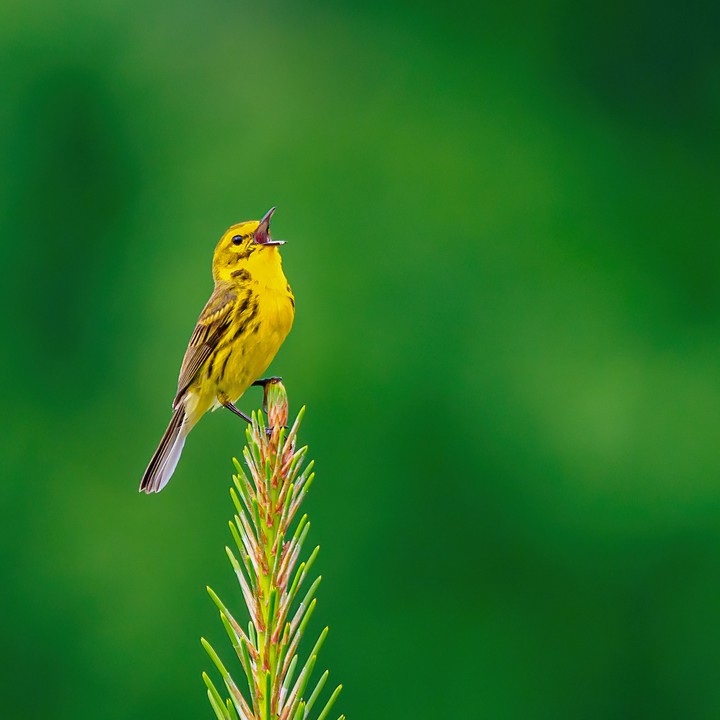Prospective students

I am not currently accepting new graduate students at this time. Please check back here for future opportunities.
A note on quantitative skills for prospective students
Ecology is an inherently quantitative field and it is becoming nearly impossible to be a practicing ecologist without some training in statistics and programming. The research done in my lab reflects these realities and I want all of my students to graduate with a toolbox of quantitative skills that will allow them to be successful professionals. I do not, however, require new students to arrive on campus with extensive experience in these areas. More important to me is a desire to learn quantitative skills and apply them to exciting scientific questions. At the end of the day, if you can formulate good questions and are willing to put in the time to learn how to answer them, you will be a successful scientist. So if you’re interested in the types of questions that we ask in the Rushing lab but don’t consider yourself a quantitative ecologist, don’t hesitate to contact me about joining the lab.